Answers in the moment
AskAI supports reps inside every program. They can ask questions and get accurate, company-specific answers without pinging a manager.
Disco helps your revenue teams ramp faster with programs built from the content you already use to train, coach, and sell.
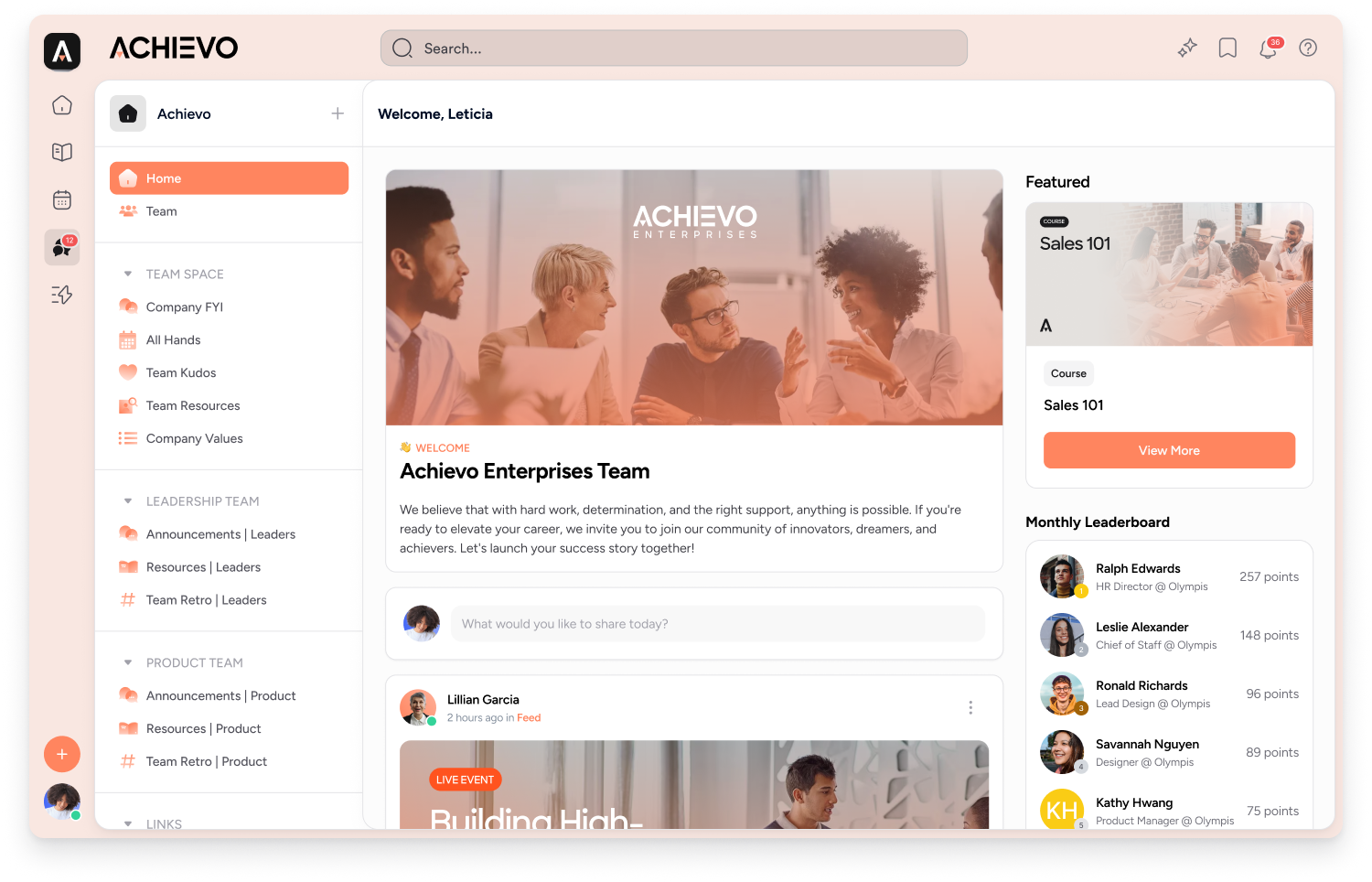



















Use the materials your team already relies on. Disco works with handbooks, guides, and process docs.
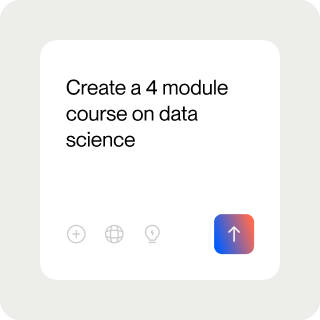
Disco turns your content into a structured, role-specific onboarding journey.
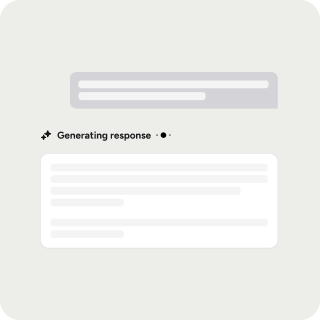
New hires get a guided experience with built-in help from AskAI, trained on your company’s knowledge.
AskAI supports reps inside every program. They can ask questions and get accurate, company-specific answers without pinging a manager.

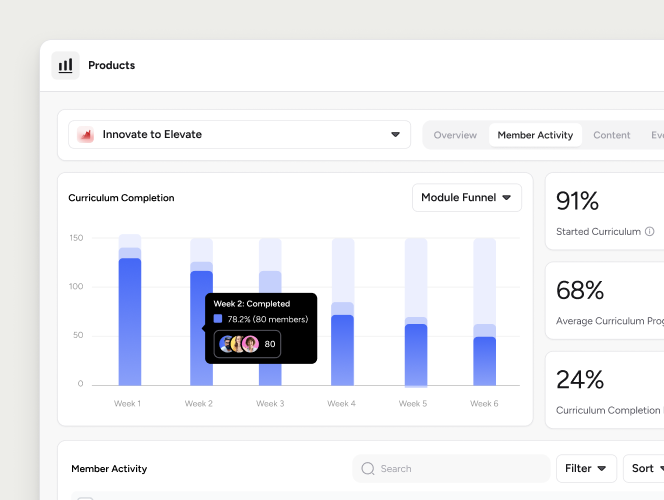
See who’s completed training, who needs a refresher, and where reps are getting stuck.
New messaging? Updated competitors? Refresh your training with a new version in minutes.
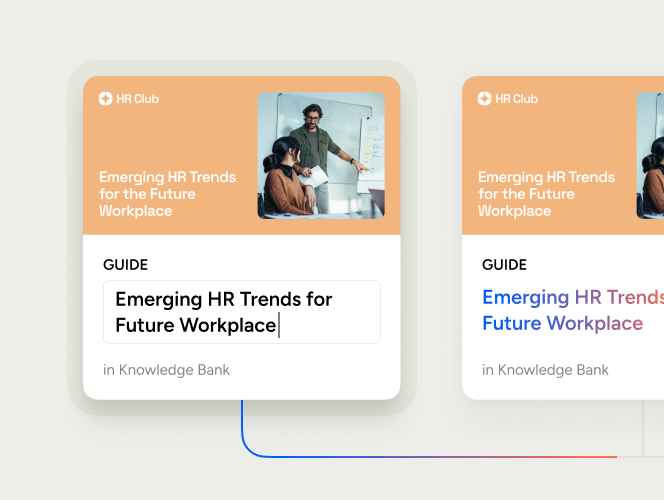
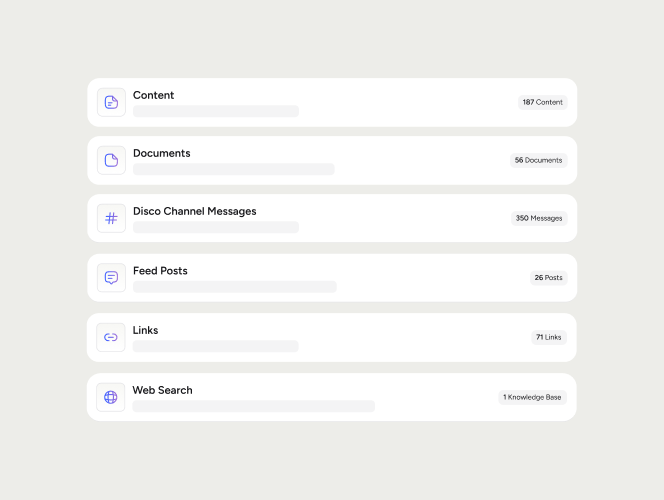
Use your own positioning, product knowledge, and objection handling to create training that fits how your team actually sells.


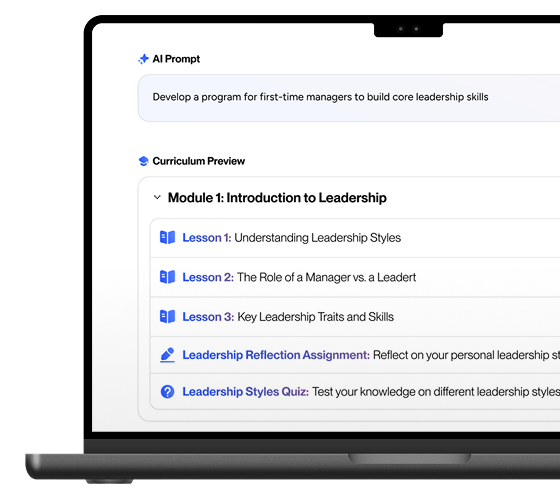



.webp)